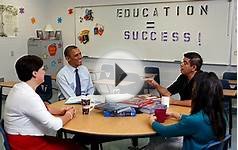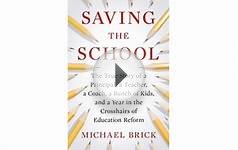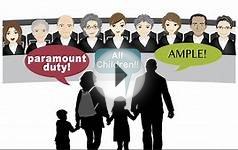 Commentary
Commentary
By Christopher L. Doyle
American schools have entered the Age of Post-Literacy. Books, long idealized as foundational shapers of intellect, no longer mold young people's minds. While continuing to tout their merits, educators marginalize books and have not come to grips with the book's declining role in society. Over the last few years, my high school students' facility for print culture has atrophied markedly. They also exhibit cognitive blind spots for narratives and higher meanings. Their educations even contribute to post-literacy.
I see symptoms of post-literacy vividly when I ask students to write research papers. For years, I had confidence in my ability to coach students' research. I developed a surefire method: Let kids pursue their own interests, ask them lots of questions, proofread their drafts, give them plenty of written feedback, and reduce their anxiety by holding back on a grade until they have a strong product. It worked.
 It no longer does. It has become clear that my students lack cultural memory for navigating books and libraries. Neither lazy nor stupid, these kids exemplify an epistemological shift. The novelist Philip Roth described post-literacy concisely in a 2012 interview, explaining his retirement from writing. "The readership is dying out, " he told The New York Times. "I've been saying it for 15 years. I said the screen will kill the reader, and it has. The movie screen in the beginning, the television screen, and now the coup de grace, the computer screen."
It no longer does. It has become clear that my students lack cultural memory for navigating books and libraries. Neither lazy nor stupid, these kids exemplify an epistemological shift. The novelist Philip Roth described post-literacy concisely in a 2012 interview, explaining his retirement from writing. "The readership is dying out, " he told The New York Times. "I've been saying it for 15 years. I said the screen will kill the reader, and it has. The movie screen in the beginning, the television screen, and now the coup de grace, the computer screen."
Pundits engage in polarized debate predicting alternately that electronic media will hasten a "dark age" of inattentiveness or usher in a renaissance of creativity. Neither position addresses my classroom dilemmas. My students' research efforts complicate those stark assertions about technology and learning. Watching them engage online, I see kids keyboarding frantically between search engines and websites, but their choice of keywords is rudimentary.









